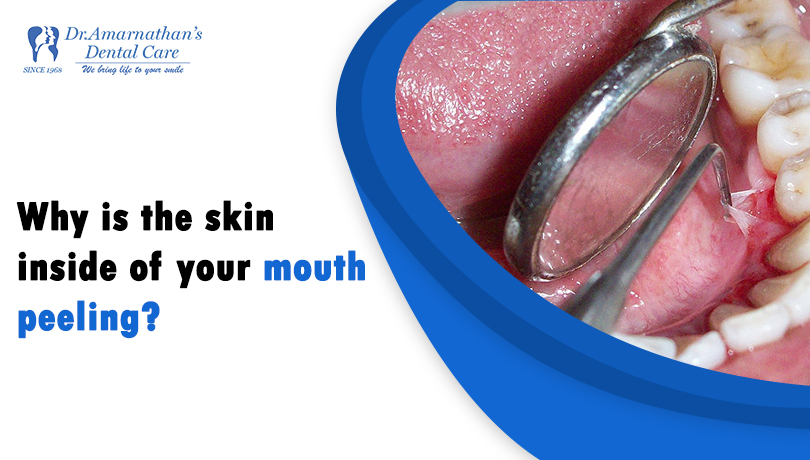
Why is the skin inside of your mouth peeling?
Have you ever had the unpleasant sensation of your mouth’s inner lining peeling? It can be a difficult and uncomfortable problem to deal with, prompting queries about its cause and how to solve it.
The skin inside your mouth is essential for safeguarding the delicate structures beneath. However, it may begin to peel at times, leaving you wondering why and what you can do to resolve the problem.
Understanding the causes of this uncommon phenomenon is critical for developing effective solutions and preventing its recurrence. In this blog, we will look at the numerous variables contributing to skin peeling inside your mouth, allowing you to understand this common problem better and make more informed oral health decisions.
Understanding Skin Peeling Inside Mouth
Skin Peeling Inside Mouth, known as the oral mucosa, is the peeling of the thin, delicate tissue that lines the oral cavity.
This can be caused by trauma, harsh oral care products, infections, allergies, dry mouth, systemic diseases, or vitamin deficiencies. While most symptoms or pain are minor, persistent ones may demand a professional evaluation.
Maintaining proper dental hygiene and treating potential irritants will help avoid and reduce peeling, improving oral health.
Causes of Skin Peeling Inside Mouth
Skin peeling inside the mouth can be caused by several causes, including:
Trauma or Injury:
Trauma or injury is a common cause of skin peeling inside the mouth. Accidental biting, aggressive use of dental tools, or exposure to hot or spicy meals can all cause irritation and peeling. These instances cause fragile oral tissues to shed, which causes discomfort.
Tips: Maintaining consciousness while eating and proper dental care can help prevent such injuries and reduce the chance of skin peeling inside the mouth.
Oral Hygiene Products:
Harsh oral hygiene products frequently cause skin peeling inside the mouth. Toothpaste, mouthwashes, and other oral care products containing chemicals can irritate the fragile oral tissues, causing peeling.
Tips: Use a moderate, alcohol-free mouthwash and toothpaste formulated for sensitive mouths. This slight alteration can aid healing and prevent inflammation, improving dental health.
Infections and Allergies
Skin peeling inside the mouth may be caused by illnesses such as oral thrush or allergic responses to foods, drugs, or dental materials. Infections cause inflammation, whereas allergies irritate, leading to the shedding of oral tissues.
Tips: See a healthcare professional for an accurate diagnosis and treatment to recover. Avoiding allergies and practising proper dental hygiene can help to prevent future incidents, resulting in a healthier oral environment.
Dry Mouth:
Skin peeling inside the mouth is often caused by insufficient saliva production, which results in dry mouth. Dryness can cause cracking and peeling of the oral mucosa.
Tips: Stay hydrated by drinking plenty of water throughout the day. Chewing sugar-free gum or using saliva substitutes can also help improve general dental health and reduce skin peeling.
Systemic Conditions
Systemic illnesses, such as autoimmune disorders like pemphigus or pemphigoid, can cause skin peeling inside the mouth. Seeking medical attention for a complete evaluation is critical.
Tips: Proper management and treatment of systemic illness, frequently through medication and lifestyle changes, can help relieve mouth symptoms and lessen the probability of skin peeling.
Vitamin Deficiencies:
Insufficient amounts of essential vitamins, particularly B vitamins, can cause skin peeling within the mouth. Addressing vitamin inadequacies with a well-balanced diet or supplements can improve oral health.
Tips: Incorporating foods high in B vitamins, such as leafy greens, almonds, and whole grains, promotes skin renewal and helps to avoid peeling.
How to Stop Skin Peeling Inside Mouth
Dealing with peeling skin inside your mouth can be annoying and even painful. However, identifying the underlying causes and taking appropriate care can help alleviate the problem. Several approaches can be taken to address this issue.
- Stay hydrated to avoid dehydration in your mouth and lessen the chance of skin peeling.
- Avoid irritants such as spicy foods, acidic drinks, and tobacco to prevent mouth skin irritation.
- Maintain good oral hygiene by brushing your teeth regularly and using non-alcoholic mouthwash to promote healing and prevent irritation.
- To avoid abrasiveness, choose toothpaste that does not contain harsh substances like sodium lauryl sulfate.
- Use a humidifier in dry weather to increase moisture and avoid mouth dryness and peeling.
- Apply aloe vera gel to the injured region to relieve and aid healing.
- Avoid tobacco and alcohol to reduce inflammation and promote oral health.
- Avoid biting or chewing on rough items to protect your mouth skin.
- If skin peeling persists or is accompanied by other symptoms, get medical attention to ensure an accurate diagnosis and suitable treatment.
When to Seek Medical Attention
Seek medical treatment if you have peeling skin in your mouth.
- Pain and Discomfort: If peeling causes pain, edema, or other symptoms.
- Persistent Symptoms: Peeling persists despite home remedies or changing oral care routines.
- Recurrent Issues: Frequent occurrences of a problem may indicate a chronic condition.
In these circumstances, a professional medical evaluation is required for a complete diagnosis and proper therapy.
Bottom line
Peeling skin inside the mouth can be uncomfortable, but it is essential to recognize that benign sources usually cause it. Practicing proper dental hygiene, staying hydrated, and being mindful of potential irritants are all helpful approaches to preventing and treating this problem. However, if concerns remain or symptoms worsen, getting competent medical guidance ensures a complete evaluation and proper treatment. Taking proactive efforts to improve dental health is essential for general well-being, ensuring a pain-free and comfortable mouth.

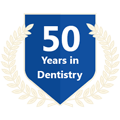


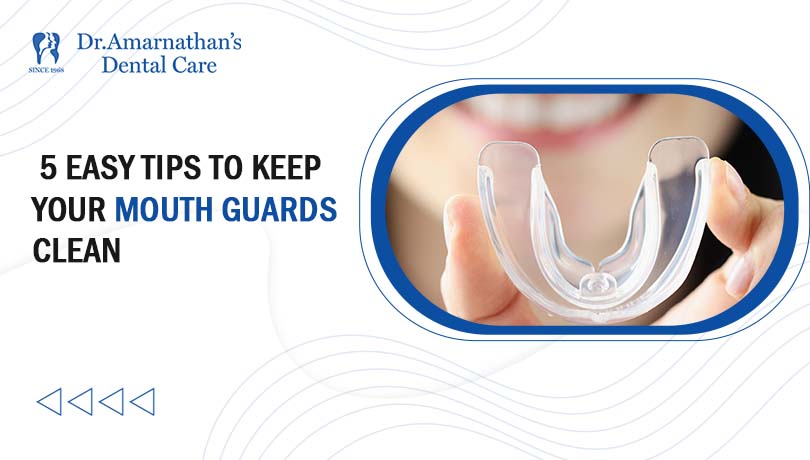
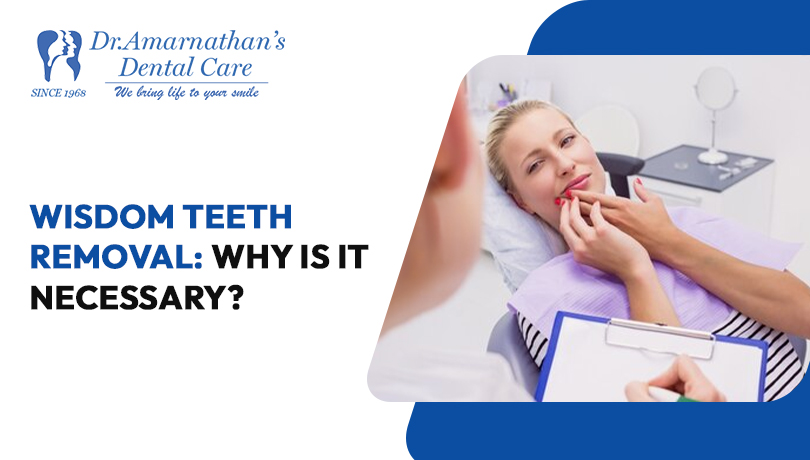
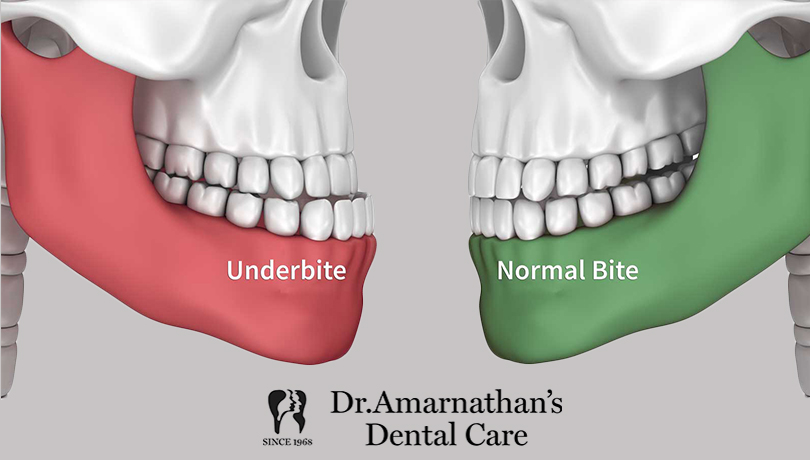
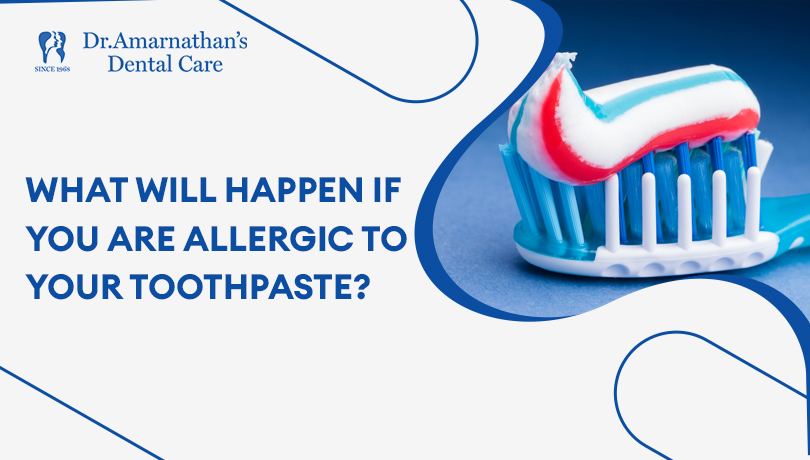
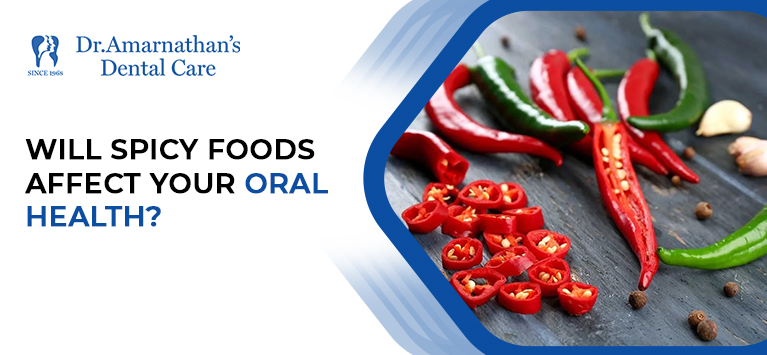

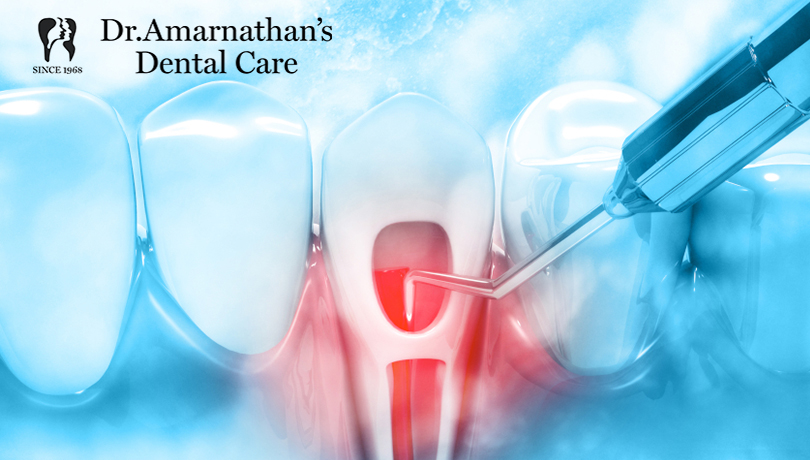
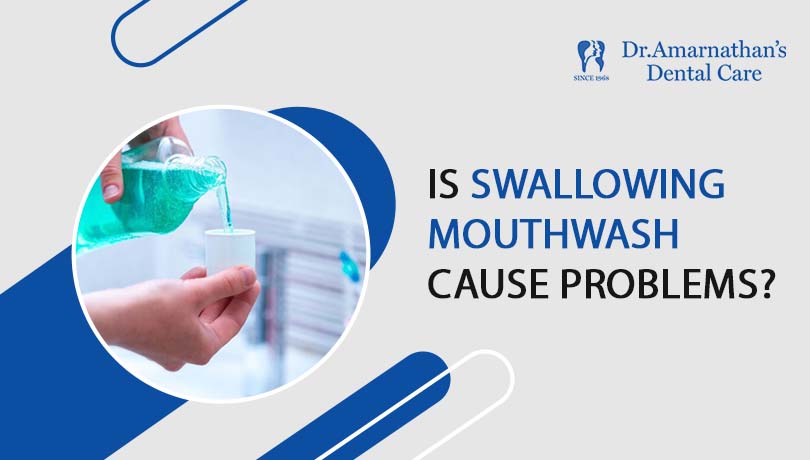
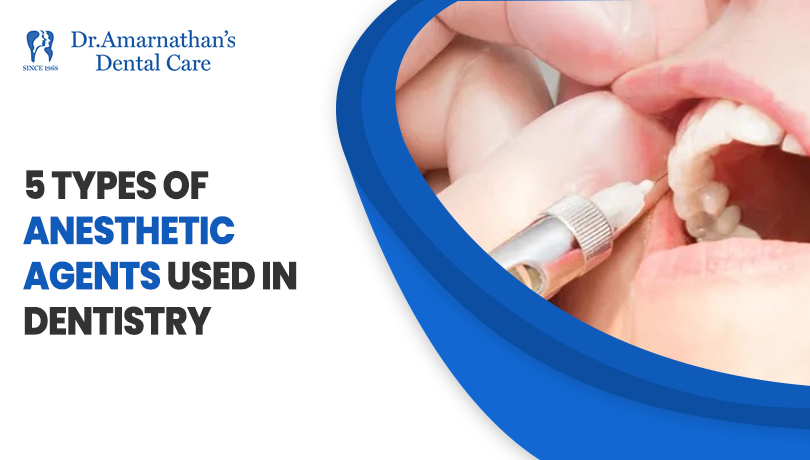
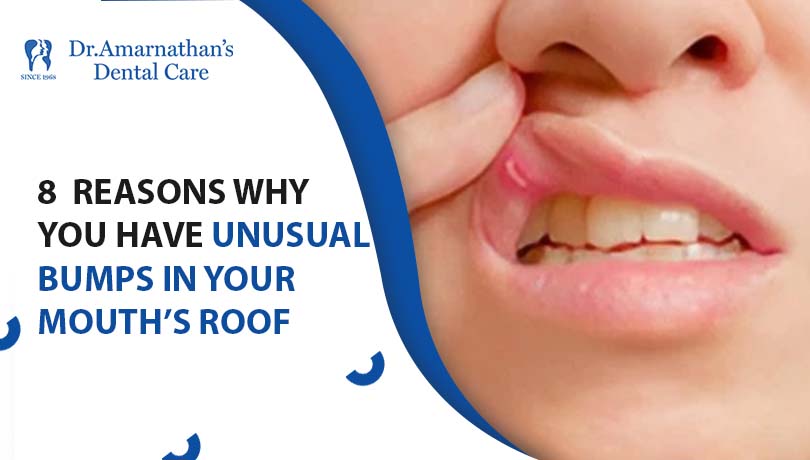
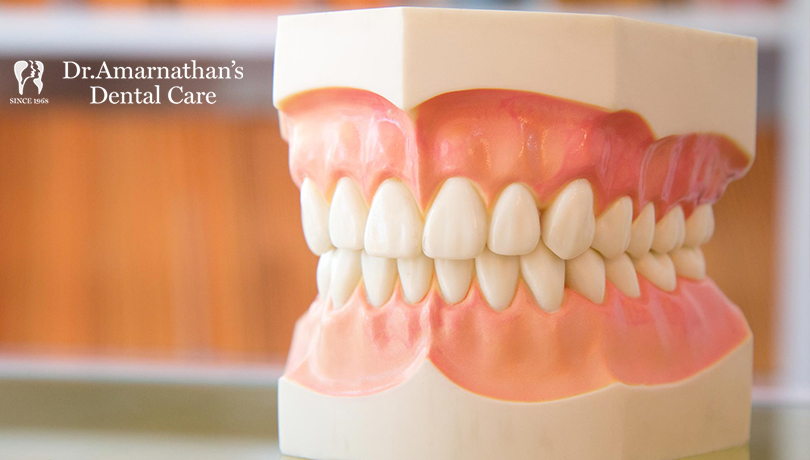
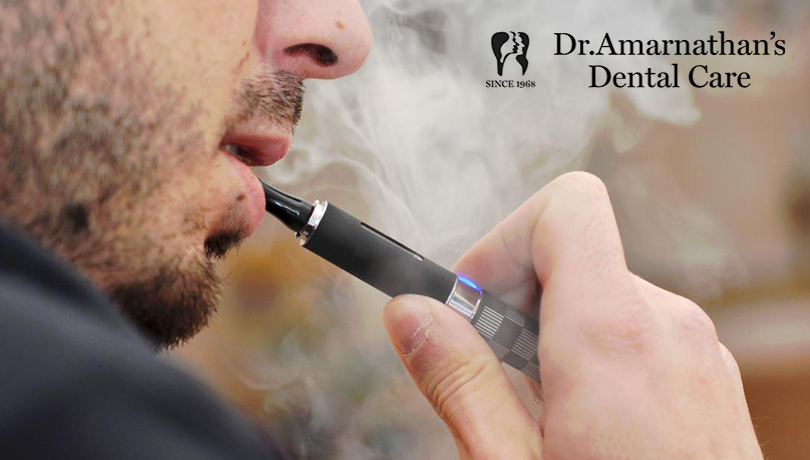
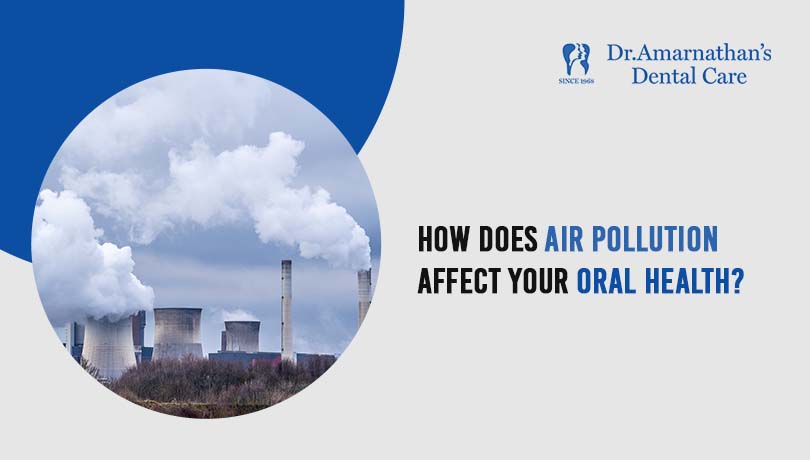
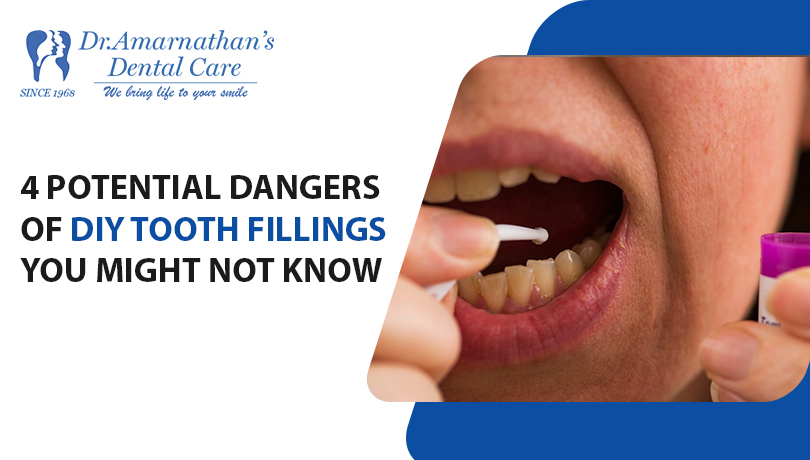
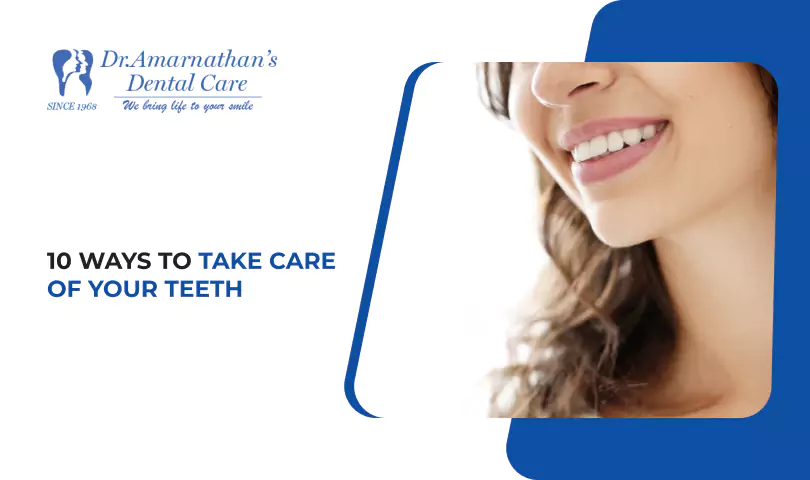


Can I put a Vaseline Cocoa Butter on the affected area? And to my gums